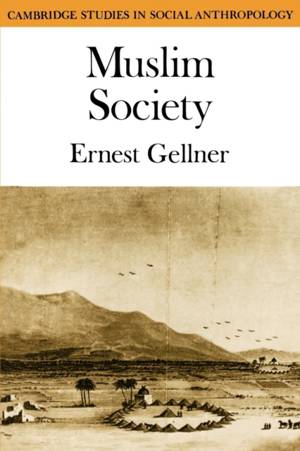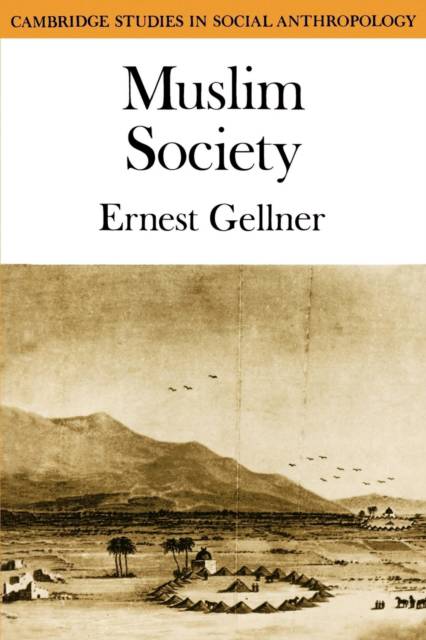
- Retrait gratuit dans votre magasin Club
- 7.000.000 titres dans notre catalogue
- Payer en toute sécurité
- Toujours un magasin près de chez vous
- Retrait gratuit dans votre magasin Club
- 7.000.000 titres dans notre catalogue
- Payer en toute sécurité
- Toujours un magasin près de chez vous
Description
Of all the great world religions, Islam appears to have the most powerful political appeal in the twentieth century. It sustains some severely traditional and conservative regimes, but it is also capable of generating intense revolutionary ardour and of blending with extreme social radicalism. As an agent of political mobilisation, it seems to be overtaking Marxism, arid surpassing all other religions. The present book seeks the roots of this situation in the past. The traditional Muslim society of the arid zone has, in the past, displayed remarkable stability and homogeneity, despite great political fragmentation, and the absence of a centralised religious hierarchy. The book explores the mechanisms which have contributed to this result - a civilisation in which (in the main) weak states co-existed with a strong culture, which had a powerful hold over the populations under its sway. A literate Great Tradition, in the keeping of urban scholars, lived side by side with a more emotive, ecstatic folk tradition, ill tile keeping of holy lineages, religious brotherhoods and freelance saints. One tradition was sustained by the urban trading class and periodically swept the rest of the society in waves of revivalist enthusiasm; the other was based on the multiple functions it performed in rural tribal society and amongst the urban poor. The two traditions were intertwined, yet remained in latent tension which from time to time came to tile surface. The book traces the manner in which the impact of the modern world, acting through colonialism arid industrialisation upset the once stable balance, and helped the erstwhile urban Great Tradition to become the pervasive arid dominant one, culminating in the zealous arid radical Islam which is so prominent now. The argument is both formulated in the abstract and illustrated by a series of case studies and examinations of specific aspects, and critical examinations of rival interpretations.
Spécifications
Parties prenantes
- Auteur(s) :
- Editeur:
Contenu
- Nombre de pages :
- 284
- Langue:
- Anglais
- Collection :
- Tome:
- n° 32
Caractéristiques
- EAN:
- 9780521274074
- Date de parution :
- 29-04-83
- Format:
- Livre broché
- Format numérique:
- Trade paperback (VS)
- Dimensions :
- 154 mm x 231 mm
- Poids :
- 444 g







